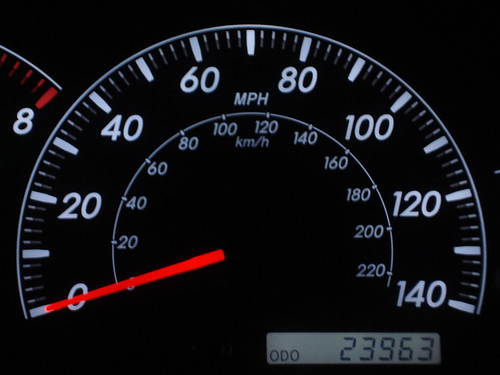September 4, 2009 at 2:20 pm
 |
|
| IBEC Day Seminar |
| Road Pricing Beyond the Technology |
Sunday 20 September, 2009
9:00-17:00
Radisson SAS Royal Viking Hotel
Vasagatan 1 (near Central Station) SE-101 24 Stockholm (Sweden )
|
| |
Key Issues
– What are the economic benefits of road pricing and how can they be measured?
– Can road pricing provide large scale and long-term economic stimulus for a 21st Century economy?
– How should we inform and consult with stakeholders?
– What about social equity – do we understand the social distribution of costs and benefits?
– How should we manage politics and public expectations?
– Are HOT lanes a step in the right direction or a dangerous distraction?
– What have we learned from current efforts at implementation?
– Where have real benefits been delivered and what have we learned from the failures?
Registration
The registration fee is Euros 75 (incl. taxes) and includes a buffet lunch and three coffee breaks.
An up-to-date programme and a registration form are available via the link “see attachment” below.
Registrations can be made either by email or fax. On-site registrations are also possible if seats are available.
Contact: Mrs Odile Pignier – odile@harmonised-events.com – Tel: +33 2 41 54 76 30 – Mob: +33 6 79 76 47 66 |
| |
| See Website |
|
| See attachment |
| See Access Map – Details |
April 2, 2009 at 12:04 pm
(Source: Streetsblog & WorldChanging)

The Oregon Department of Transportation (ODOT) has compiled a 100-page report on the experiment that covers a lot of ground, but basically describes the trial as a roaring success. A few interesting features of this report :
- Overhead is low. Because the mileage tax piggybacks on the existing gas tax collection system, it’s easy and cheap for the state to administer.
- Payment is simple. From the driver’s perspective, the mileage tax differs little from the gas tax, other than the fact that their gas station receipts contain interesting information on miles driven.
- Privacy is protected. The state only gets odometer information, not information about vehicle location.
- Evasion is difficult. Even if you tamper with the GPS receiver, you’re still going to pay the gas tax.
- Phased implementation is possible. Oregon doesn’t foresee a complete changeover to mileage taxes happening until 2040. This is a bit too slow for my taste (I really hope gas stations don’t exist in 2040), but the point is that gas taxes and mileage taxes can happily coexist as the vehicle fleet turns over.
Technically, the system worked. Just as importantly, public acceptance was high. 91% of [self-selected] test participants preferred the system to paying gas taxes.… Before the experiment began, media portrayals of the system were almost uniformly negative — and inaccurate. By the middle of 2006, media coverage ranged from neutral to positive, and were far more accurate. Citizen comment reflected this broader trend. ODOT concludes, “Effective communication can lead to public acceptance.”
Click here to read blogger Adam Stein’s take on this subject at WorldChanging.com. For those interested here is the final report in PDF form.



